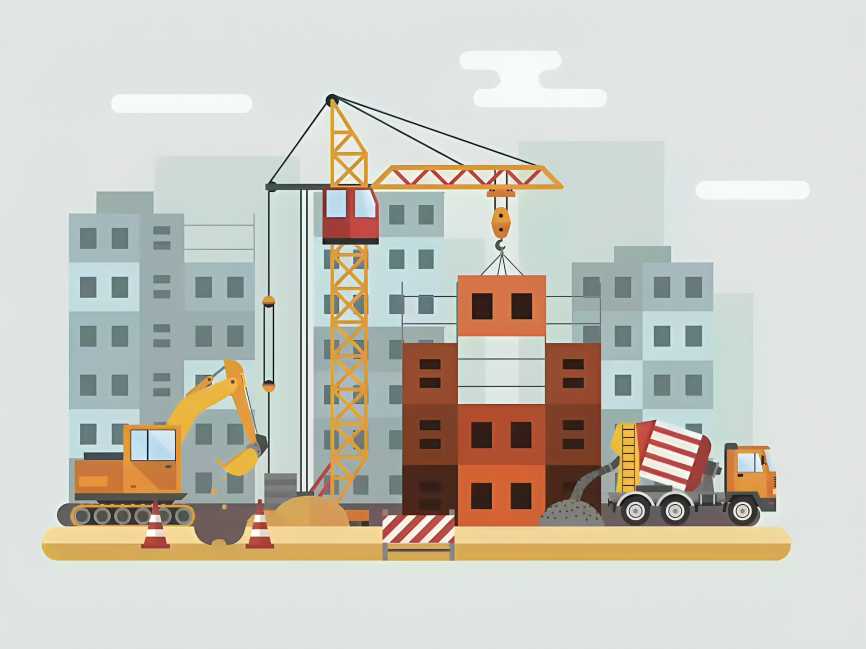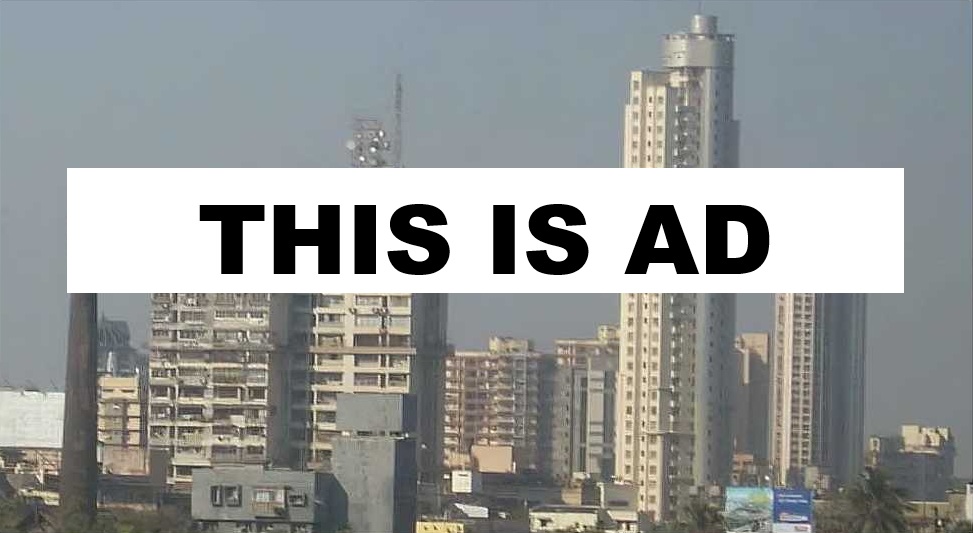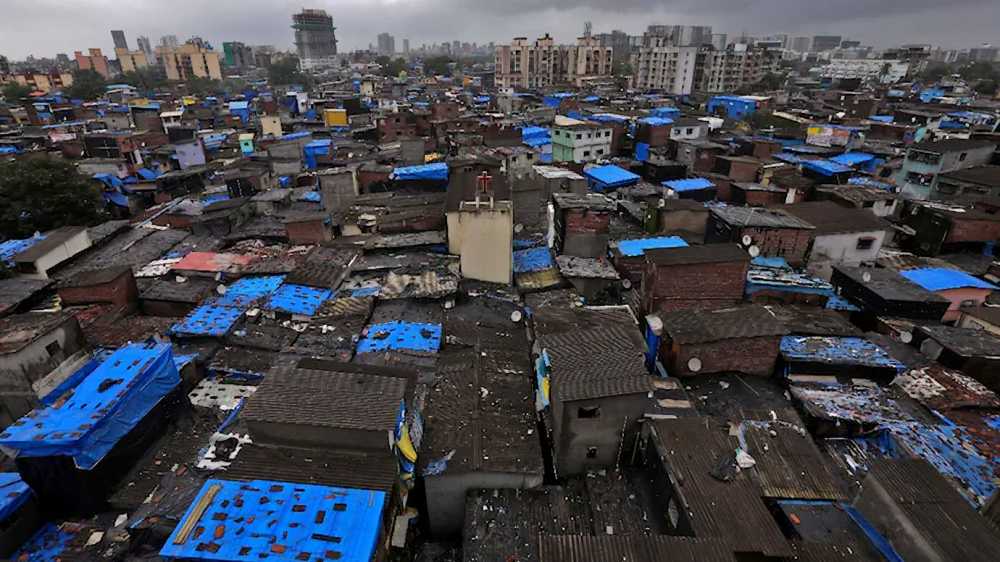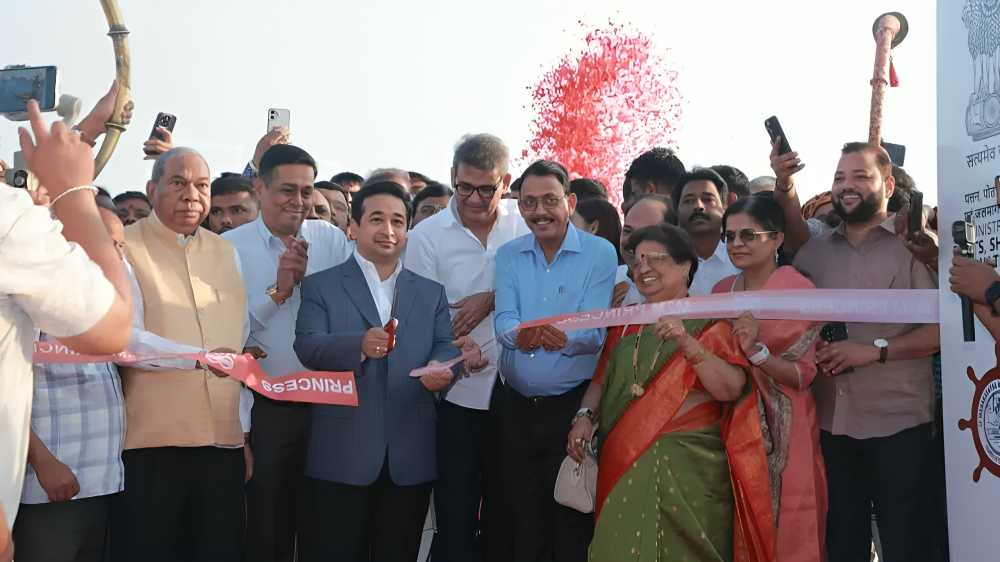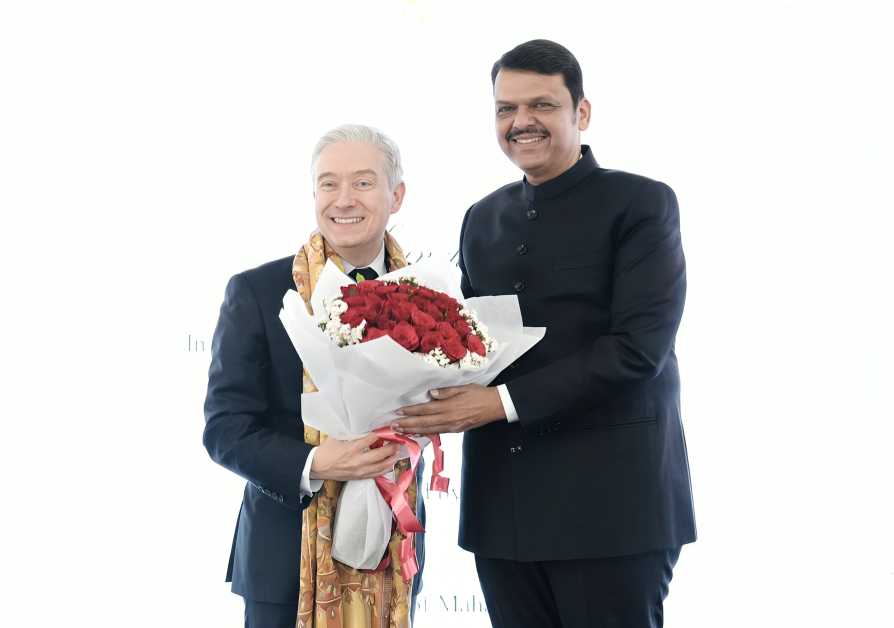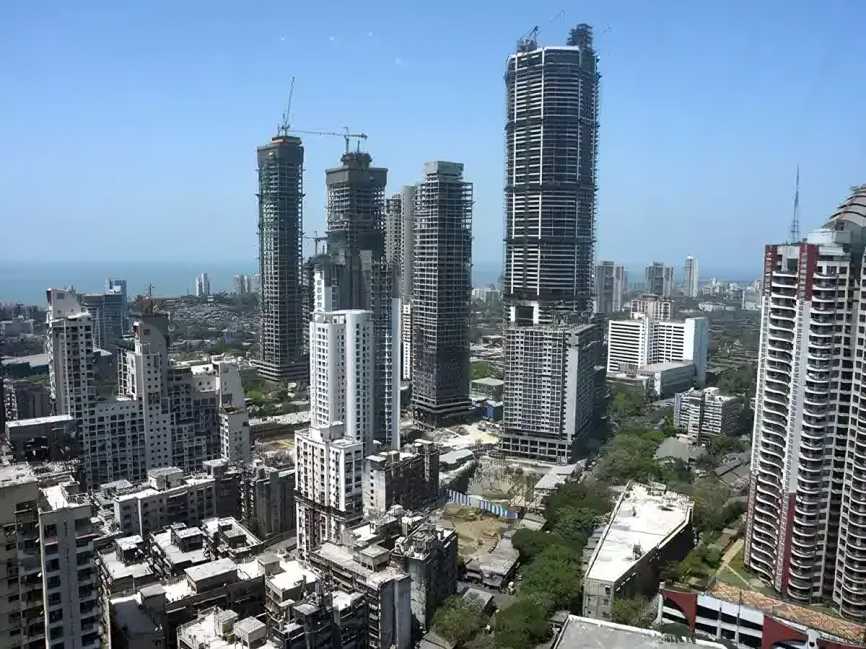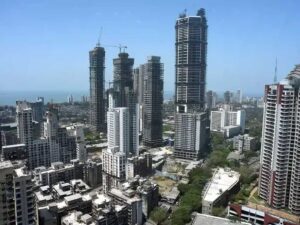October 21, 2025: Mumbai’s society redevelopment sector is poised to unlock 44,277 new homes valued at Rs 1,305 billion by 2030, according to a recent report by Knight Frank India. Since 2020, more than 910 housing societies have signed development agreements, unlocking nearly 327 acres (1.32 million sq meters) of land potential under current FSI norms. The report notes that around 160,000 societies in Mumbai are over 30 years old and eligible for redevelopment.
Western Suburbs dominate this transformation, accounting for 32,354 new homes—73% of the total—while South Mumbai is expected to add just 416 units. “The free sale component from society redevelopment is expected to generate approximately Rs 7,830 crore in stamp duty and another Rs 6,525 crore as GST. However, the segment today appears overheated and is fast reaching a point of inflection. Rising prices have fuelled commitments that stretch well beyond sustainable limits, while society members’ expectations have grown disproportionately. At this juncture, it is imperative for both societies and developers to leave adequate headroom in their arrangements and to structure finances prudently,” said Shishir Baijal, Chairman & Managing Director of Knight Frank India.
Between 2020 and mid-2025, 70% of agreements were in the Western Suburbs, with Borivali, Andheri, and Bandra emerging as top hotspots. Most redevelopment deals—over 80%—involve plots smaller than 0.49 acres, highlighting the challenges of land aggregation in densely populated areas.
Gulam Zia, Senior Executive Director at Knight Frank, emphasized prudent planning: “Our assessment suggests that in markets below Rs 40,000 per sq ft, developers should not share more than 30–35% of the total area with the society. This may increase to 35–40% where prices range between Rs 40,000 and Rs 60,000 per sq ft, and up to 50% in locations priced over Rs 75,000 per sq ft. Beyond these thresholds, cash flows lose flexibility and projects become vulnerable. Both societies and developers must therefore plan with adequate buffers.”
The report underlines that redevelopment is a long-cycle process, typically spanning 8–11 years. Societies with clear titles, unified consent, and robust documentation attract stronger developers and achieve faster completion, while weak documentation and protracted negotiations can stall projects, impacting long-term viability.
Source: ET Realty




